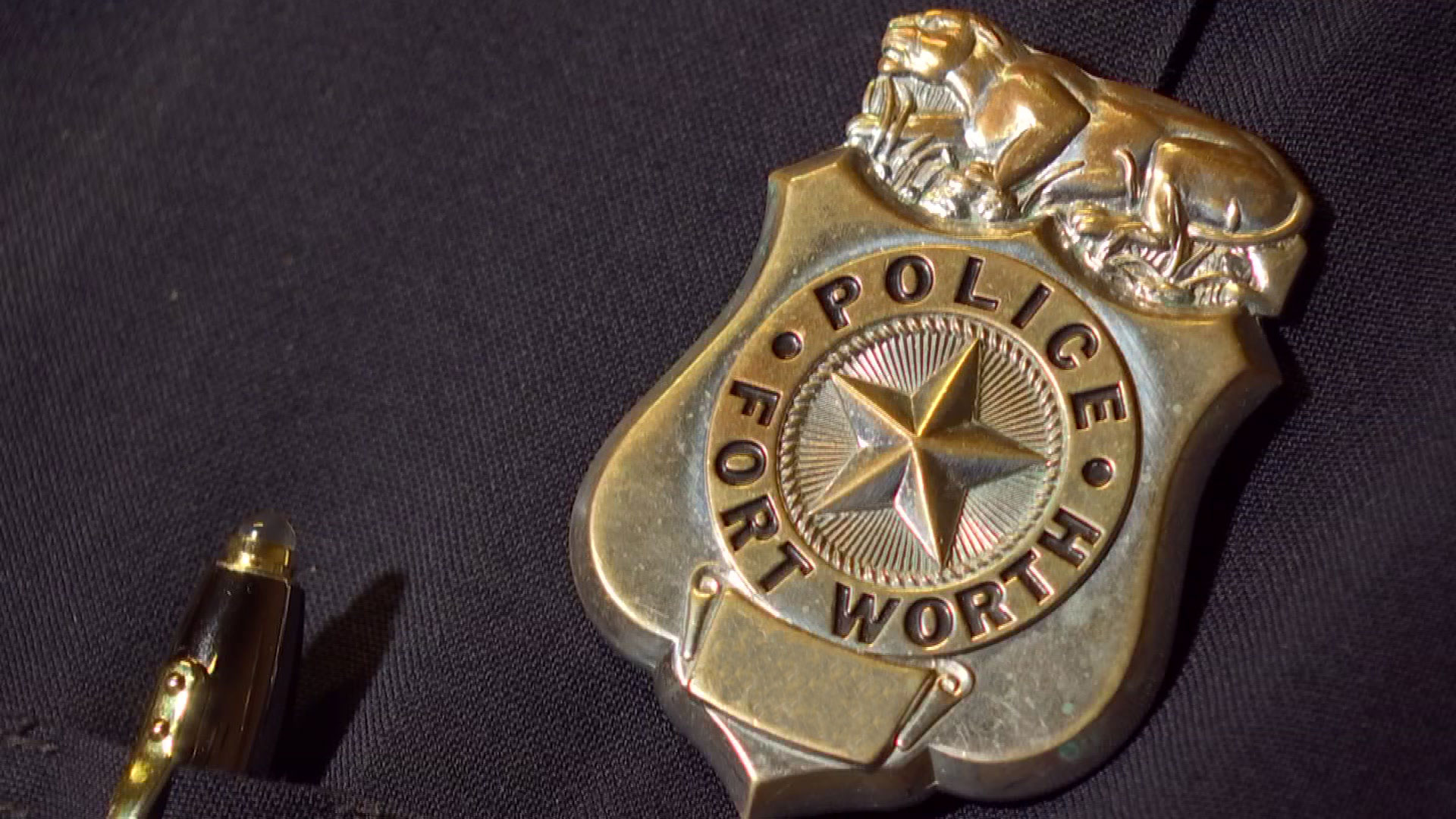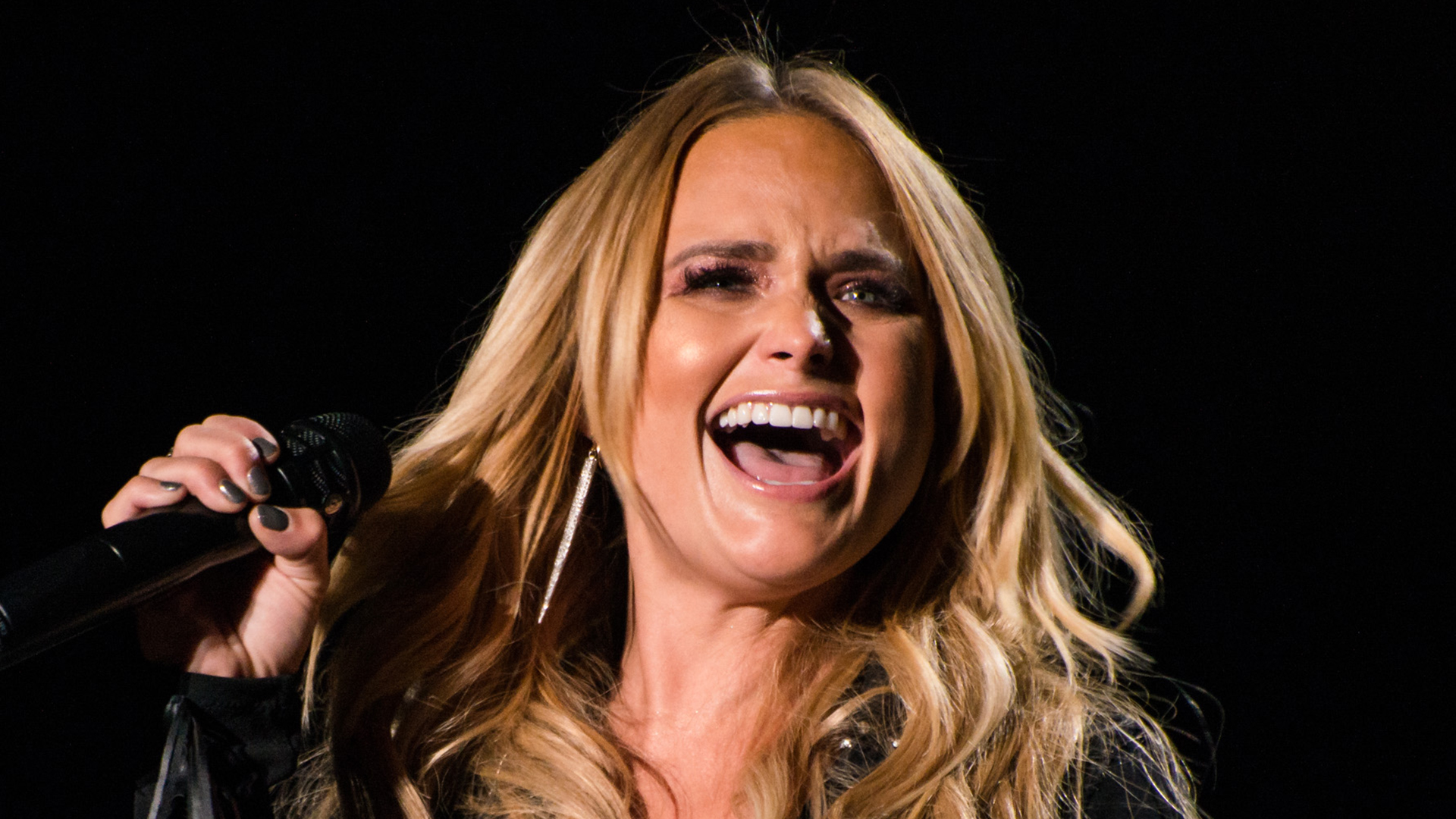Governor Greg Abbott called a third special session for the Republican-led state legislature to convene for and pass into law. Some items are moving faster than others.
Gov. Abbott's top priority in calling a special session, what he calls "education freedom", has been bogged down in the hyper-complicated world of school finance. In his special session call and numerous political and speaking events around the state, the governor pushed an idea called "education savings accounts." The most common idea would give families around $8,000 in public school dollars for them to use on some form of private school tuition, home schools, or other educational programs.
The Texas Senate passed their plan out of the chamber, allowing a program for around 62,500 students. The upper chamber also passed a $5 billion school finance boost and teacher pay raise to win over skeptical lawmakers who believe the current public school system is underfunded. That item has been referred to a House committee but has not yet moved.
The Texas House has its own plan, which would create an education savings accounts program along with more per-student funding and sunsetting the A-F accountability system. The omnibus bill's author argues a larger education overhaul is needed to win over other lawmakers - especially rural Republicans - who have been hostile to using public funds for private schools. The bill has been filed but not referred to a committee. According to House rules, during a special session, the lower chamber can only move items named in the Governor's call.
Get DFW local news, weather forecasts and entertainment stories to your inbox. Sign up for NBC DFW newsletters.
The Governor only called a special session for education savings accounts, not school finance or changing A-F accountability systems. Gov. Abbott argues lawmakers must move on the savings accounts before he adds other education topics to another special session. House and Senate lawmakers argue - and have already begun working - on larger education bills which include the savings accounts measure. A chicken or egg stand-off has stalled both the Senate and House bills.
Governor Abbott is expected to call another special session if lawmakers don't pass his desired bill during this 30-day special session. He's threatened to campaign against lawmakers opposing education savings accounts.
Abbott's other items are on the move.
Local
The latest news from around North Texas.
A measure creating a state criminal offense for someone entering Texas illegally has passed the Senate and the House. Last week, debate on the bill led to a confrontation between two lawmakers which was captured on video. The House and Senate versions are slightly different so the two bodies will have to work out the differences and then approve one text of the bill before sending it to Governor Abbott to sign into law. A similar law was passed in Arizona more than a decade ago and major parts of it were found unconstitutional by the United States Supreme Court. However, Republican lawmakers hoped the more conservative-leaning justices on the Supreme Court at the moment would uphold the bill.
A bill increasing the penalties for human smuggling or operating a stash-house also passed both chambers but details need to be worked out before sending it to Governor Abbott's desk. The same is true for a bill adding $1.5 billion in state funds to build more physical barriers along the Texas-Mexico border.
The path for Abbott's items concerning the Colony Ridge development in Liberty, County is unclear. Lawmakers held a hearing on the Abbott-donor's development outside Houston. Some Republicans worry the development is attracting people to Texas illegally the owner argues the development is safe and legal. It is unclear whether this item was more of a fact-finding mission as opposed to any specific legislation. Abbott has been relatively quiet on the development.
A bill banning private companies from requiring COVID-19 vaccines is moving the swiftest. A version has already passed the House and Senate but a detail needs to be worked out before sending it to Governor Abbott's desk: whether to fine companies $10,000 or $50,000 for a violation.



